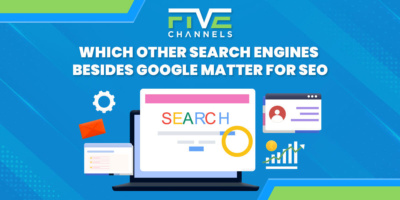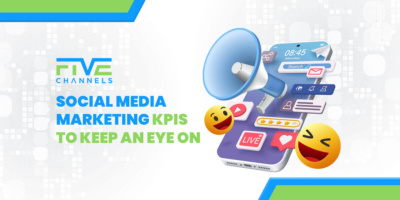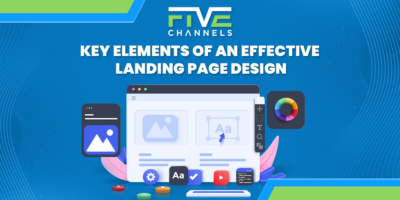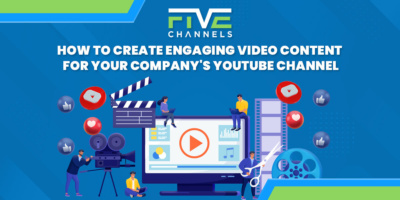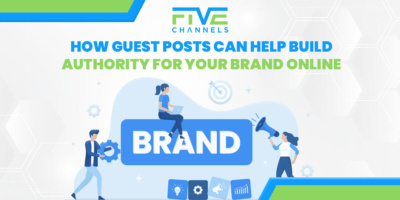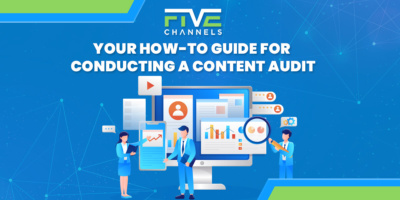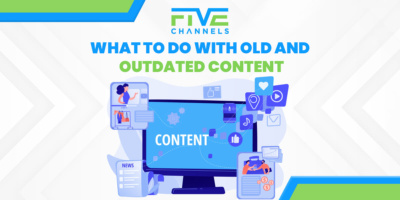Google rakes it in from advertising revenue. Out of their total $160.74 billion revenue in 2019, 70.9 percent of that was from advertising revenue. A tremendous portion of this is from companies advertising on Google AdWords, across Google’s own sites.
Which leads us to our actual point, is your company’s Google Ads cost too high?
PPC can sound like a one-way street to the top of the search engine rankings positions. However, it can be a costly, time-consuming process if you’re not doing it right. Don’t blindly accept your cost per click, use our guide to manage your Google Ads performance to optimize your PPC budget.
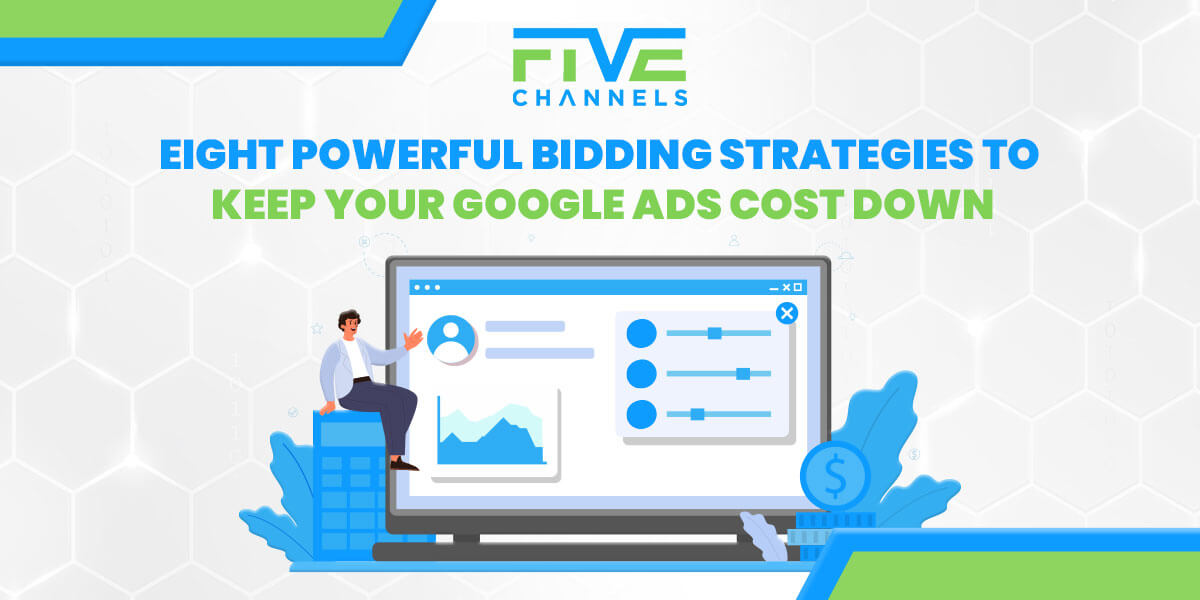
What is a Bidding Strategy?
We’re assuming if you’re on this page, you know how to set up a Google Ads campaign already. You’re here to figure out how to strategize that campaign.
A Google Ads bid strategy is the way you use your budget to meet your goals, or how much you want to pay for a click. Google has a wide variety of different bidding strategies available within its platform. Which one you choose will depend on which aligns with your campaign goals.
Google Ads Cost
You’re in complete control of how much you’re willing to put into your campaign, or how much you want to pay-per-click. There’s no one answer to how much your Google Ads cost will be.
We can use data to get an average cost-per-click in Google Ads. If you take average CPC from all keywords in the USA, the overall average is between one and two dollars on Google Search Network. The average CPC on Google Display Network is under one dollar.
However, this is just an average. Different industries’ average CPC will vary wildly. For example, for keywords within the category of insurance, the average CPC is a staggering $48.41.
Payday loans are a close second at $48.18. It’s not just limited to finance and insurance markets either. Degree category keywords have a $47.36 average CPC.
You’ll generally know if you’re in one of these super-competitive industries already. However, that’s not the only thing that will affect your Google Ads cost. Global search trends will too.
Furthermore, as well as real-life effects, COVID-19 is having huge effects on average CPC. Some industries like travel and beauty have seen their average CPC drop, while others like non-profit and medical have seen their search volume increase massively.
While you can’t control the competitiveness of your industry or search trends, you can control how much you choose to spend on your ads. Google will tell you what the average CPC for your chosen keywords, you can choose to meet that or not.
Your ads are then displayed across Google’s platforms. How visible they are will depend on your Ad Rank. The formula for Ad Rank is your CPC + your quality score.
Your success will also depend on your bidding strategy.
Selecting a Bid Strategy
As with most of Google’s software, it’s simple. Sign into your Google Ads account and create a new campaign, setting the campaign goal and type.
Press continue after your selection and you will land on a campaign settings page. Here you can select your bid strategy within the bidding section.
You’ll generally have a recommended strategy depending on your campaign type and goal, but you can select your own from a variety of bidding strategies. We’ll go into each of them in more depth, but there are two main types of bidding methods, manual and automated.
Manual or Automated Bidding?
The clue is in the name. Manual bidding gives you control over your CPC. This means you need to review and interpret your data and come up with the best decisions to maximize your clicks, conversions, and return on investment.
Meanwhile, automated bidding methods use Google’s clever algorithms to review your campaign data and adjust your bids accordingly. It takes away a lot of time-consuming tasks like analyzing data. Additionally, the algorithm can consider a lot more data than a human, looking at device types, geographical locations, time/day of delivery, and more.
There are advantages and disadvantages to both types. Manual bidding strategies are time-consuming and need regular review to perform well. They also need someone who really knows what they’re doing to run them well.
Automated bid strategies take away a lot of these time-consuming tasks, but the exchange for this is a lack of control over your CPC. This means you might end up overpaying for your CPC.
Google says that 70 percent of advertisers use automated bidding. We refer you back to the statistic we opened the introduction with. Automated bidding isn’t right for every advertiser, nor every campaign.
In other words, read up on the eight different bidding strategies below and decide which is right for your company and your campaign.
1. Manual CPC
In a manual CPC bidding strategy, you decide how to adjust your bids. Your bid is how much you are willing to pay for each click. You can choose to set this at either the keyword level or ad group level.
This bidding strategy is great for when you’re first starting out AdWords campaigns, as you’ll have no data to base other strategies on, including automated strategies. Manual CPC makes it easy if you’re unsure what your CPC might be, and you’ll get a good feel for how these adjustments affect your click-through-rate.
The downside to manual CPC is that it takes up a lot of time if you do it properly. Ignoring a manual CPC campaign, and not giving it the attention it needs, will mean you miss out on opportunities to reach your customers.
2. Enhanced CPC
Similar to manual CPC, but technically a Google smart bidding strategy and therefore partially automated. This bid strategy uses machine learning to increase or decrease your bid on whether a conversion is likely.
You can’t use it immediately after starting your first campaign. You’ll need data of at least 15 conversions for Google to analyze when your customers are more likely to make a sale based on their search history.
Because you can adjust exactly what percentage over your bid amount, you’re willing to go to if a conversion is likely, you’re still in control. You still won’t go over your daily budget, it just might be used up more quickly if Google’s algorithm deems it necessary.
3. Maximize Clicks
Formerly known as automatic bidding, the goal here is in the name. Your campaign will be automatically optimized to get as many clicks as possible.
Occasionally, this bid strategy can be useful at the very start of your AdWords usage. You can use it for keyword research. Mainly to find out what you should pay-per-click, the volume of keywords, and related keywords you may not yet have come across.
However, in general, most companies should not be solely looking at bringing traffic to their site and instead focus on conversions.
4. Maximize Conversions
Same as the above, except your goal is conversions. This automated bid strategy will focus on getting you the most conversions for your budget.
One of the great things about this bid strategy is there’s very little legwork. All you do is set your daily budget and Google’s algorithm does the rest.
However, as we’ve mentioned before it gives all the control of your campaign to Google. It means you may end up overpaying. You get very few details on how Google figures it out.
5. Maximize Conversion Value
This is the default bid strategy for Google’s Smart Shopping campaigns. Instead of a singular focus on conversions like above, it takes the conversion value into consideration. You can add your own target return on ad spend.
6. Target CPA
CPA, or cost-per-action, is a simple formula. Your ad spend divided by your conversions equals your CPA.
Target CPA bid strategy is a conversion-focused automated bid strategy where you still say how much you’re willing to pay for a sale. This algorithm takes your final amount and sets your CPC accordingly, spread across your keywords. It’s a smart bidding strategy so you still maintain some control over budget spend.
This is great once you know what your average CPA is. You can figure this out with manual or enhanced CPC campaigns beforehand. You’ll need a minimum of 15 conversions to even use this bid strategy, but we’d suggest far more data to run it successfully.
7. Target ROAS
Another smart bidding strategy, target ROAS, or return-on-ad-spend, is also based on a simple formula. ROAS is the average conversion value you get for every dollar spent on ads, or revenue divided by ad spend times 100 equals ROAS.
For this bid strategy, Google focuses on the conversion value over the number of conversions. The algorithm will boost valuable clicks and cap others. You must have conversion tracking set up before using this campaign.
Google themselves recommends a minimum of 50 conversions within the last month for this automated bid strategy to be able to work effectively. Being too aggressive with your bottom line can bomb your campaigns and you’ll miss out on customers.
8. Target Impression Share
A smart bidding strategy where the goal is to increase visibility by increasing your impressions. You can even select where exactly on the page you’d like your ad to appear, absolute top, top, or anywhere on the results page. The algorithm will do the rest.
Similarly but not quite the same is a target search page location bidding strategy. This strategy allows you to bid on where you’d like your ad to be placed, either the top of the page or the first page of search results. However, this algorithm still won’t ignore your ad rank, so it isn’t a magical solution to fix a poorly organized campaign.
If you’ve got the money to burn, this strategy will cost you dearly, but you’ll sit at the top. A better alternative is to increase your quality score and naturally find your way there with a manual CPC or enhanced CPC strategy.
Evaluating Your Bid Strategies
As you can see above, Google has some great options for powerful bidding strategies to meet a variety of goals. However, you also need a healthy account and campaign structure as a foundation to build from for these bidding strategies to work well.
As we’ve mentioned a few times, PPC is a time-consuming affair, but without putting the regular time and work in to review, analyze, and amend your campaigns, you’ll end up missing customers and overspending.
Regularly tweaking your bidding strategies will allow you to maximize your budget. You can find a bid strategy report in the “Campaigns” menu, under the heading bid strategy type. This handy report can give you a variety of helpful key metrics for each strategy, letting you know what’s working best.
Manual strategies don’t have this report option. You’ll have to look at campaign data and dig through as deep as you can with it into keyword and ad group level to find where you can improve.
Remember to give your campaigns a chance before evaluation. We recommend between two to four weeks at least and to ensure you do this after the learning phase if you’re using an automated bid strategy.
Once you’ve informed yourself on how your campaign bid strategy is working, test it. Run different bidding strategies. See what works best for your business, there is no one size fits all to Google AdWords.
That being said, there are some helpful tips for helping your bid strategies work to always keep in mind:
– Your goal and bid strategy must align
– Understand automated bidding before using it
– If in doubt, opt for manual bidding strategies
– Review regularly
– A/B test bidding strategies
– Optimize ad copy and landing pages for a better quality score and conversion rate
No Time, No Problem
If you don’t have the time to spare, bringing your Google ads cost down can be difficult without sacrificing your traffic and conversions. That’s where a PPC agency can help maximize your budget and your conversions.
We’re so confident you’ll love what we can do for your company, we offer a free digital marketing review for your site.
Owner and Chief Marketing Officer, Jason Hall, and his team specialize in creating brand awareness / traffic and lead generation / marketing funnel and conversion optimization, while utilizing the appropriate marketing channels available within your industry. With diverse clients throughout the world, Jason's team is well connected within many industries to assist with your marketing strategies. With no long term contracts and various levels of service, Jason's team will increase the quality of your online traffic, leads, and sales.
About the author...
Located in the heart of the Emerald Coast - Destin, FL, founder and Chief Marketing Officer, Jason Hall, and his team specialize in creating brand awareness / traffic and lead generation / marketing funnel and conversion optimization / and PR campaigns, while utilizing the appropriate marketing channels available within your industry.
With diverse clients throughout the world, Jason's team is well connected within many industries to assist with your marketing strategies. With no long term contracts and various levels of service, Jason's team will increase the quality of your online traffic, leads, and sales.


